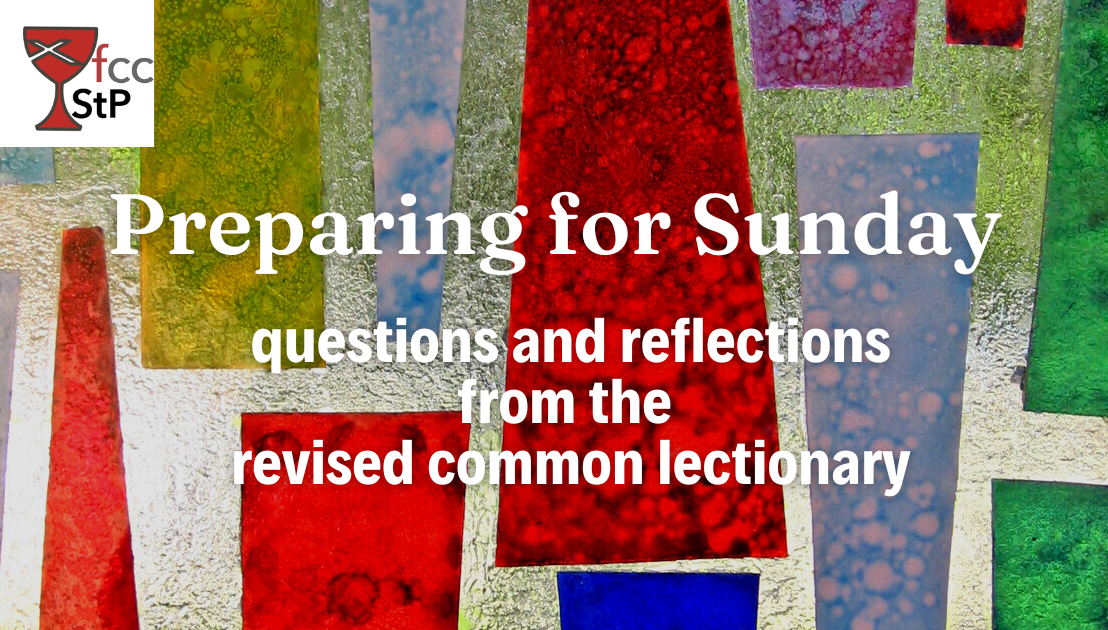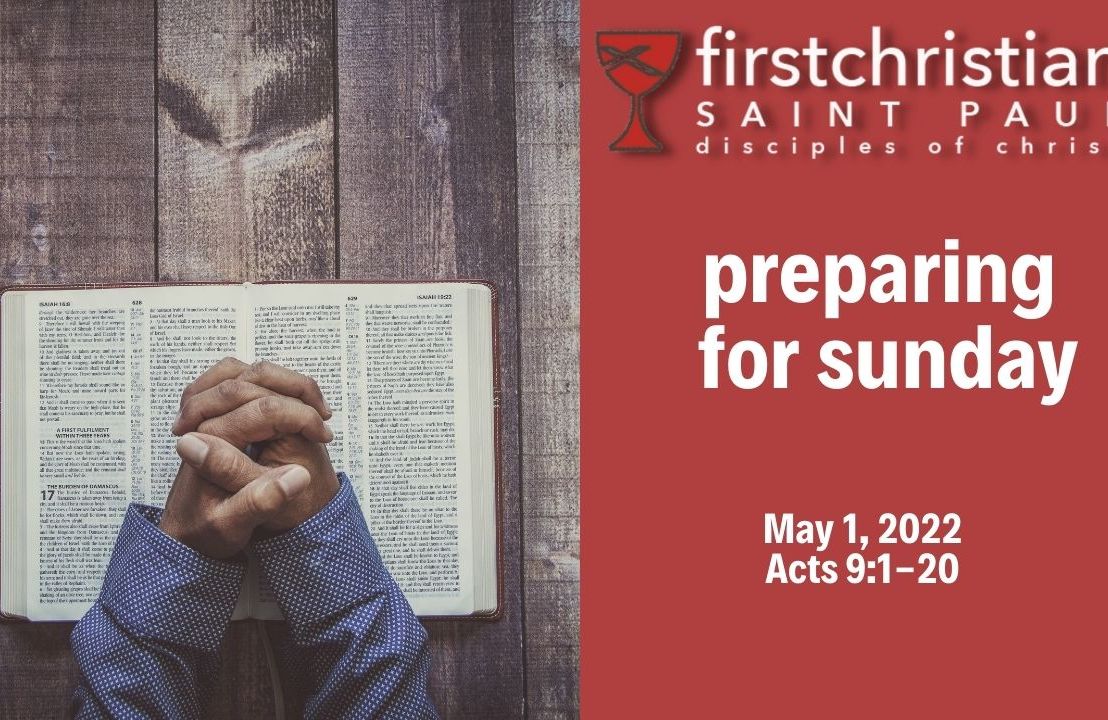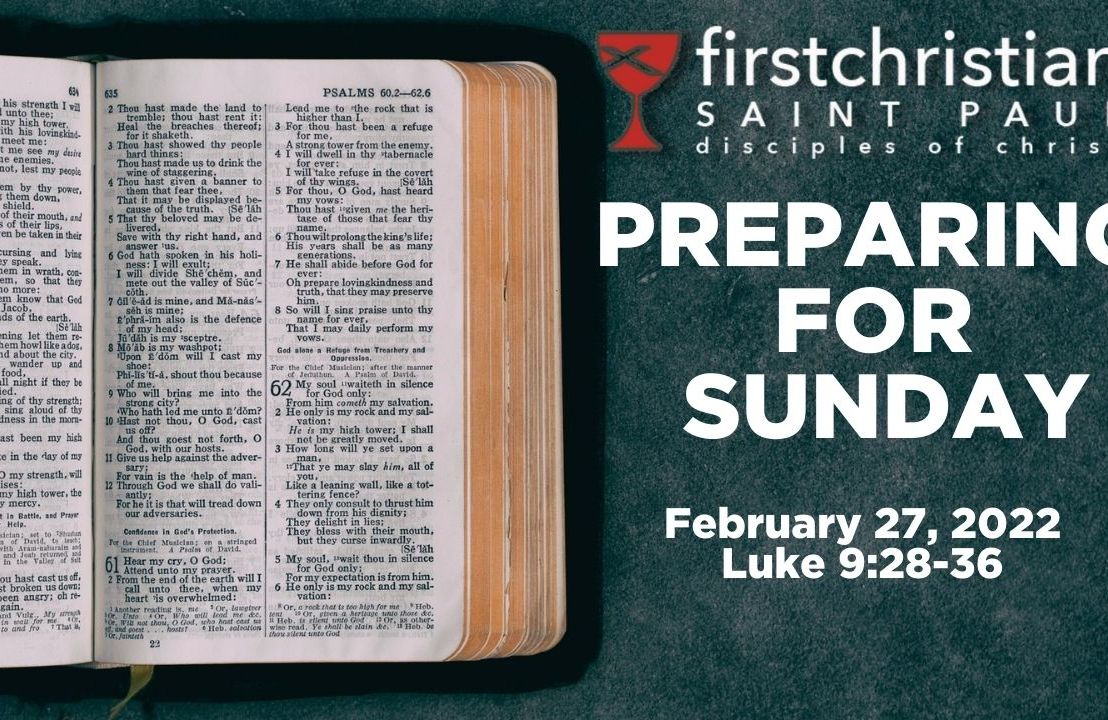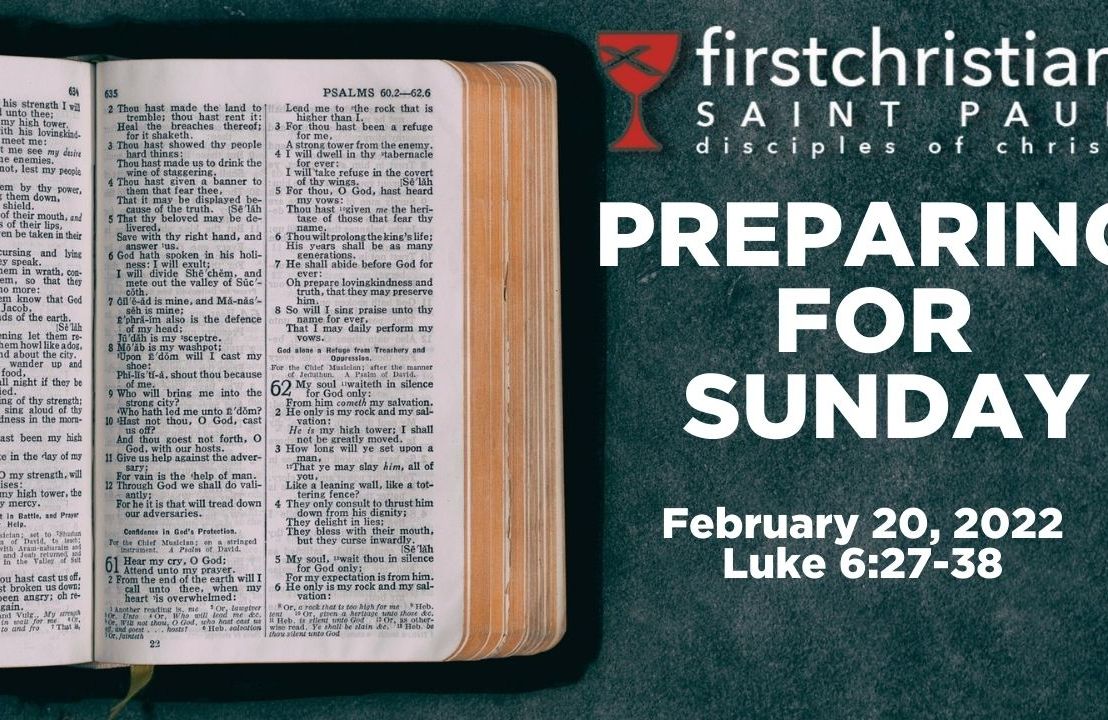1 Corinthians 8:1-13 New Revised Standard Version
8 Now concerning food sacrificed to idols: we know that “all of us possess knowledge.” Knowledge puffs up, but love builds up. 2 Anyone who claims to know something does not loves God is known by him.
4 Hence, as to the eating of food offered to idols, we know that “no idol in the world really exists,” and that “there is no God but one.” 5 Indeed, even though there may be so-called gods in heaven or on earth—as in fact there are many gods and many lords— 6 yet for us there is one God, the Father, from whom are all things and for whom we exist, and one Lord, Jesus Christ, through whom are all things and through whom we exist.
7 It is not everyone, however, who has this knowledge. Since some have become so accustomed to idols until now, they still think of the food they eat as food offered to an idol; and their conscience, being weak, is defiled. 8 “Food will not bring us close to God.” We are no worse off if we do not eat, and no better off if we do. 9 But take care that this liberty of yours does not somehow become a stumbling block to the weak. 10 For
if others see you, who possess knowledge, eating in the temple of an idol, might they not, since their conscience is weak, be encouraged to the point of eating food sacrificed to idols? 11 So by your knowledge those weak believers for whom Christ died are destroyed. 12 But when you thus sin against members of your family, and wound their conscience when it is weak, you sin against Christ. 13 Therefore, if food is a cause of their falling, I will never eat meat, so that I may not cause one of them to fall.
************
For some reason, food is often the foundation for true fellowship. Living as we are in a pandemic that requires that we stay separated making normal fellowship meals not only difficult but impossible, we are probably feeling this more acutely. It’s not the food we miss. It’s the fellowship. But food can be a problem as well since people have different eating habits and requirements. So, once we can gather for meals once again, this example may bear fruit. Consider that you are sending out an invitation to a dinner party. You have a meal plan in mind, but then you begin to get the responses. One person notes they have gluten allergies. Another is vegetarian. Still another is vegan. Oh, one of your guests happens to be Jewish and can’t mix meat and dairy. So, what do you do? What kind of meal plan will work?
It seems that the church in Corinth was struggling with food issues. At issue was food that had been sacrificed to idols. Some in the church didn’t think it was an issue where the food came from. Others were quite concerned. The debate once again divided the congregation into parties labeled the weak and the strong. There are plenty of suggestions as to the identities of the partisans, but no conclusive answer has been provided. However, the weak party does seem concerned about food offered up to idols.
Paul opens the conversation by contrasting “knowledge” with “love.” It would appear that the strong group was emphasizing their superior knowledge. In their wisdom, they apparently had decided that since the gods and deities that their neighbors worshipped in the local temples were mere idols. These monotheists decided that food offered idols had no impact on them or anyone else. So, why not eat food offered to idols. It’s just food after all.
Interpreting this passage is complicated by questions of context. The issue is food sacrificed to idols, but what does that involve? We know that the temples often served meals featuring food that had been offered to the gods. Could it be that members of the community had chosen to participate in communal banquets or family celebrations held at the temples, which featured such food, believing that it did not affect them? In that case, it’s not just the food, it’s the location. A strip bar might have good food, but is that a good place for a Christian to frequent to get a good burger? Or could it be that the best meat in town was sold at the temples, which meant that if you wanted to serve a nice platter of steaks you would want to go to the temple meat market? Either way, some in the community found all of this to be problematic and requested Paul’s intervention. The question posed here is rooted in an earlier one we encountered in chapter 6. In that case, while Paul might agree with those in the community who claimed that all things were lawful, he also reminded them that not everything is beneficial (1 Cor.6:12). In this case, knowledge is contrasted with love. Knowledge is fine, but love is superior.
Now, our situation in life is much different from that of the Corinthians. Christendom might be fading, but Christianity remains the majority religion. There still are more churches in our communities than worship spaces for other religious traditions. It’s likely that the members of the Corinthian church were relatively new converts, whose family and friends were adherents of the local religions. They might feel as if they were being pulled between two poles. Since our situations likely are very different, what word might we hear in this passage that speaks to us?
I think we have to start with the reference here to knowledge (gnosis). First of all, what Paul has to say here about knowledge shouldn’t be taken as an embrace of anti-intellectualism. It is also not a reference to some form of esoteric knowledge. The position articulated by the strong is orthodox monotheism. There are no other gods like the God they worship. So, Paul could agree with them on that matter, however, he is concerned about how knowledge is understood. Alvin Padilla notes that Paul has a specific form of knowledge in mind. This is the kind of “knowledge that lifts men and women to the point that causes them to have an exaggerated self-conception without concern for the needs of others” [Connections, p. 221]. Paul contrasts this self-centered form of knowledge with love. That’s because instead of puffing one up, love builds up others. That is important to Paul.
Of course, Paul feels that it is necessary to address the question of whether these so-called gods really exist. Writing as a Jewish monotheist, he acknowledges the reality of gods and deities. That is, he believes that there are spiritual entities, so-called gods, that stand behind these idols. He believes there are demonic forces that can entice humans to worship false gods. He wants to make sure this doesn’t happen.
Having acknowledged the reality of spiritual forces that might stand opposed to God, he confesses that for him and his community in Corinth there is one God (see Deut. 6:4-6) and one Lord (Jesus). Paul declares that it is through the Lord Jesus Christ that all things are made and through whom we ourselves exist. Having handled the question of spiritual forces, he can make clear his concern about how parties are dividing the congregation over matters of food.
Since they appear to be the problematic group, Paul addresses those who have concluded that based on their knowledge of spiritual things the gods don’t exist, calling on them to recognize the needs of the members of the community who don’t share their elevated sense of understanding of spiritual things. He points out that those among the weak might see them dining at the temples and because their consciences aren’t as strong, might have their tender faith in God destroyed. In doing this, they sin against Jesus.
I sense that Paul isn’t all that concerned about food issues, but he is concerned about the spiritual health of his flock. Consider that Paul insists that food won’t bring us close to God (1 Cor. 8:8). Food is, for Christians, adiaphora. There are no real food restrictions. Nonetheless, Paul concludes that “if food is a cause of their falling, I will never eat meat, so that I may not cause one of them to fall.” (vs. 13). Now what that means for a modern dinner party is hard to say, though it might mean considering the needs of your invitees as an act of love of neighbor. That would definitely reflect what Paul has in mind here. We might follow Augustine here in his view of the relationship of love to biblical interpretation: “Whoever, then, thinks that he understands the Holy Scriptures, or any part of them, but puts such an interpretation upon them as does not tend to build up this twofold love of God and our neighbor, does not yet understand them as he ought” [Saint Augustine, On Christian Doctrine, 1:36:40, Kindle Edition]. Knowledge has its place, but love is of greater importance! If we affirm that principle, there won’t be any food fights!







